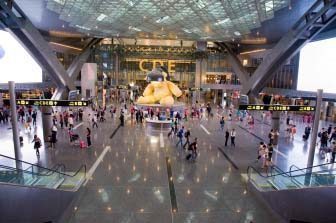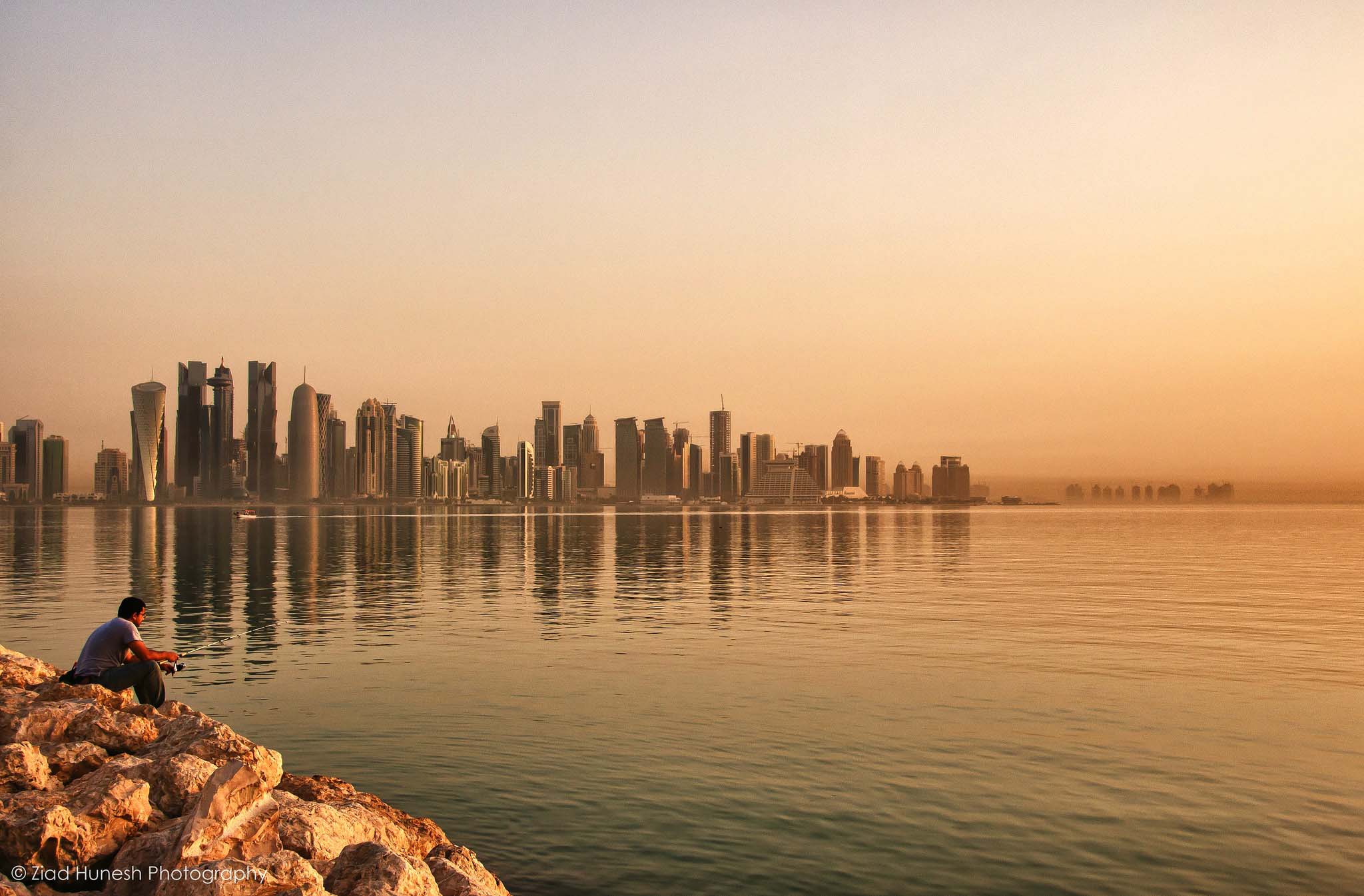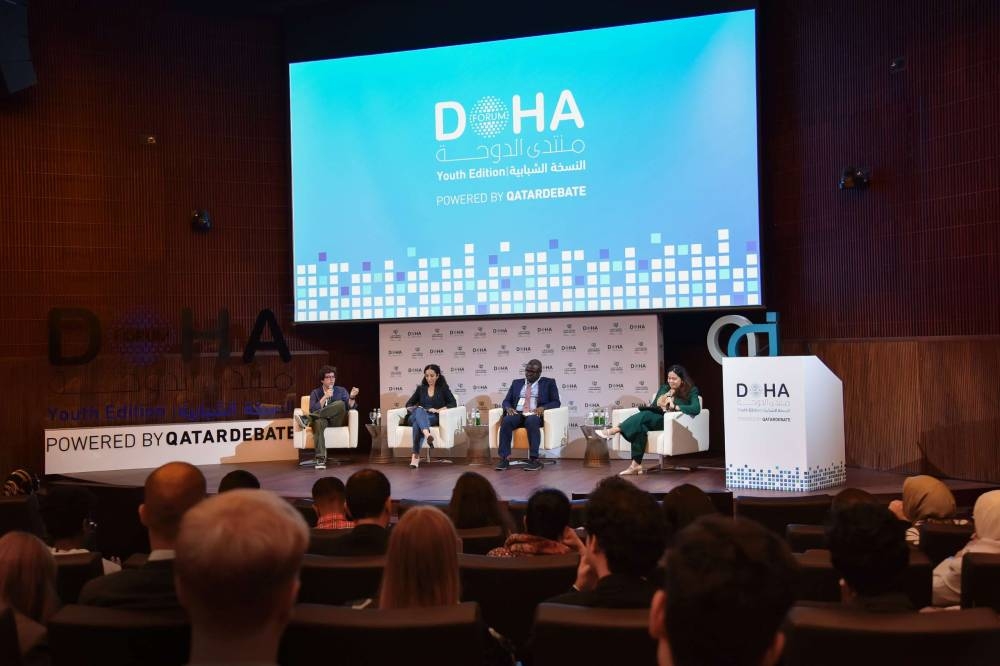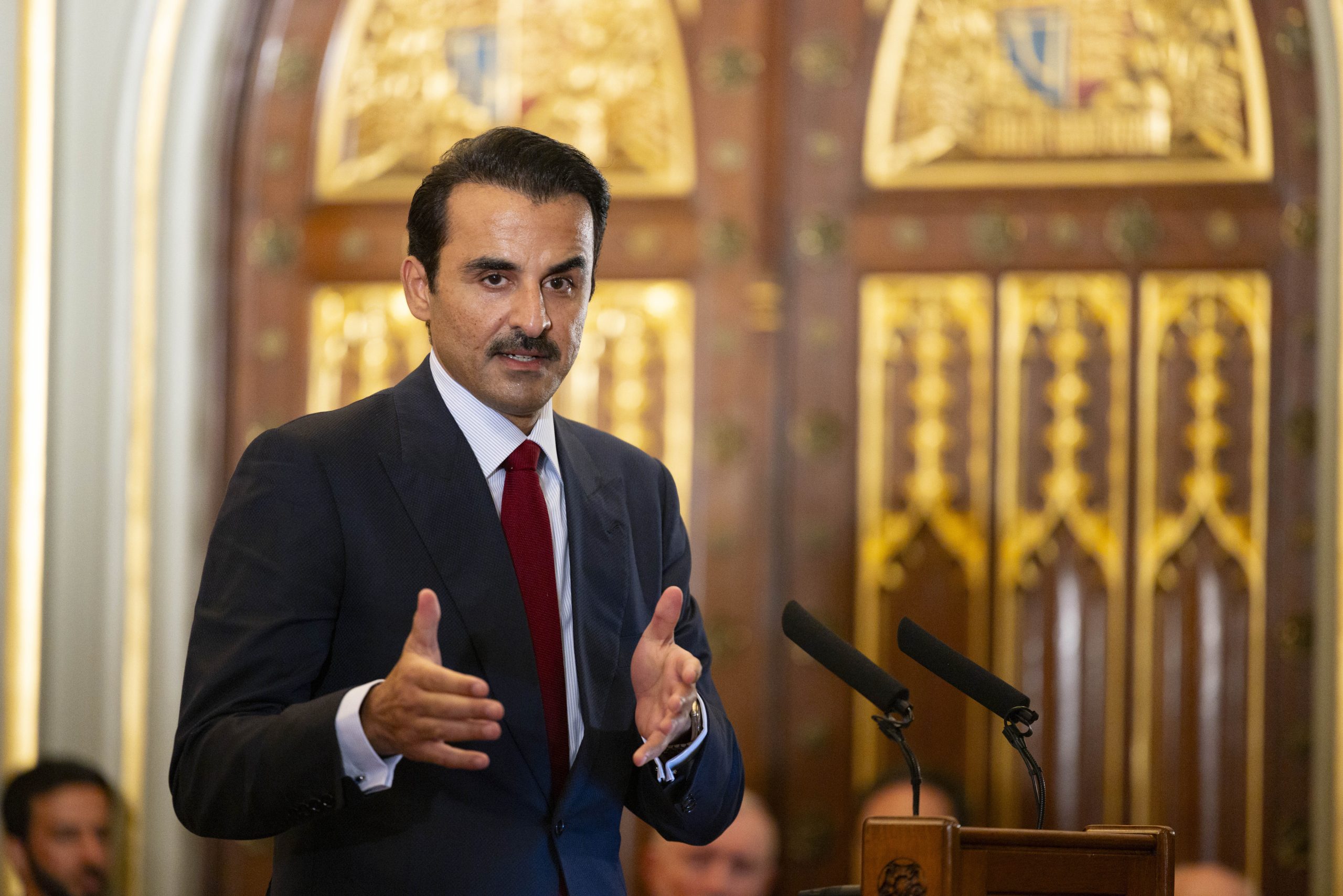
Despite spending vast sums of money on health, education and economic development, Qatar has come up short in improving the long-term prosperity of the country’s population, according to a recently released study.
However, the report by the Boston Consulting Group (BCG) noted that many oil-and-gas-rich countries are in a similar situation, and that Qatar is performing better than all its GCC peers.
Qatar boasts high employment rates, a stable economy and a healthy and well-educated population by global standards, but it lags behind in terms of social cohesion, civic activism and protecting the environment – factors that BCG said are important for a country to sustain its long-term prosperity.
“Qatar must focus on reversing the recent backward trend on dimensions such as environment and civil society or risk falling behind other GCC states,” said Douglas Beal, a partner and managing director of BCG Middle East and a co-author of the report, according to the Peninsula.
Results
BCG’s third sustainable economic development assessment report analyzes 148 nations, and attempts to quantify a country’s “well-being” using 43 measurements in three main categories:
- Economic, such as GDP per capita;
- Investments, such as health and education performance; and
- Sustainability, which includes environmental quality and governance issues such as levels of violence, corruption and freedom of the press.
According to BCG’s 100-point scale, Qatar ranked the highest in the GCC with a score of 78.6. It was followed by the UAE (74.1), Kuwait (72.3), Oman (65.2), Saudi Arabia (65) and Bahrain (61.9).

In an additional level of analysis, BCG took into account the financial wealth of each country to determine whether it was overachieving or underperforming when it came to ensuring the well-being of its citizens.
Presumably, rich states have more money to spend on educating residents and protecting the environment.
By this measurement, Qatar – and virtually every country that derives more than 10 percent of its GDP from oil revenues – is falling short, although it once again was ranked the best in the GCC.
Oil wealth ‘a double-edged sword’
Government officials in Qatar often stress the importance of building a sustainable economy that offers citizens a high standard of living even when the nation runs out of oil and gas.
This mindset has led to the creation of initiatives such as the Qatar Science and Technology Park and entrepreneurship support program Silatech, which aim to nurture the next generation of leading-edge firms.

The country is also spending large amounts of money to attract tourists and create an aviation hub in Doha through its support of Qatar Airways.
Its oil and gas revenues are also being used to create a highly skilled workforce. Qatar University and Hamad Bin Khalifa University both churn out educated graduates, while Qatar Foundation’s WISH and WISE conferences regularly attract some of the world’s top minds in health and education respectively to Doha.
According to BCG, all of these are long-term investments that will pay dividends in the future, as Qatar has only started to fully exploit its natural resources in recent decades and – like several other countries – may not have had sufficient time to use its wealth to improve residents’ well-being.
But timing aside, the report said Qatar and its peers suffer from poor governance scores in part because of “the double-edged sword of oil wealth.”
Citing World Bank research, BCG stated one potential reason is that substantial oil and gas revenues means governments have less need to tax, which reduces their obligation to be accountable to their citizens.
Environment
Like all Gulf states, Qatar’s strength came from its financial performance and investments in health and education. Also like its peers, the nation received much lower sustainability scores for its governance and environmental records.

The GCC countries are not alone in having strong economies alongside relatively high levels of air pollution and carbon emissions.
The report’s authors said their data supports the commonly held belief that rapid economic growth often comes at the expense of the environment.
Doha’s air quality was ranked among the worst globally by the World Health Organization last year.
But some of the major pollutants – such as dust created by the manufacturing industry and the soaring number of construction projects – are also considered signs of a thriving economy.
Thoughts?







